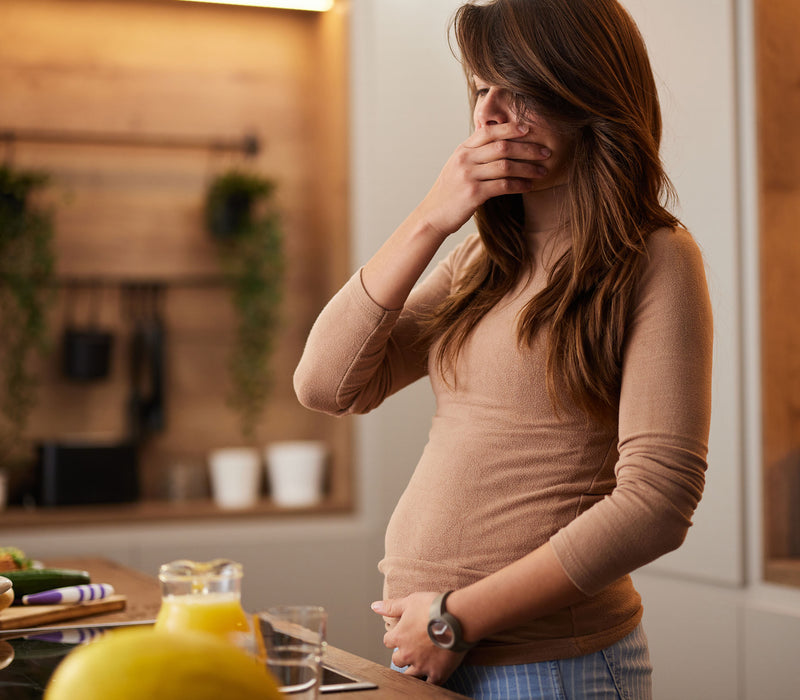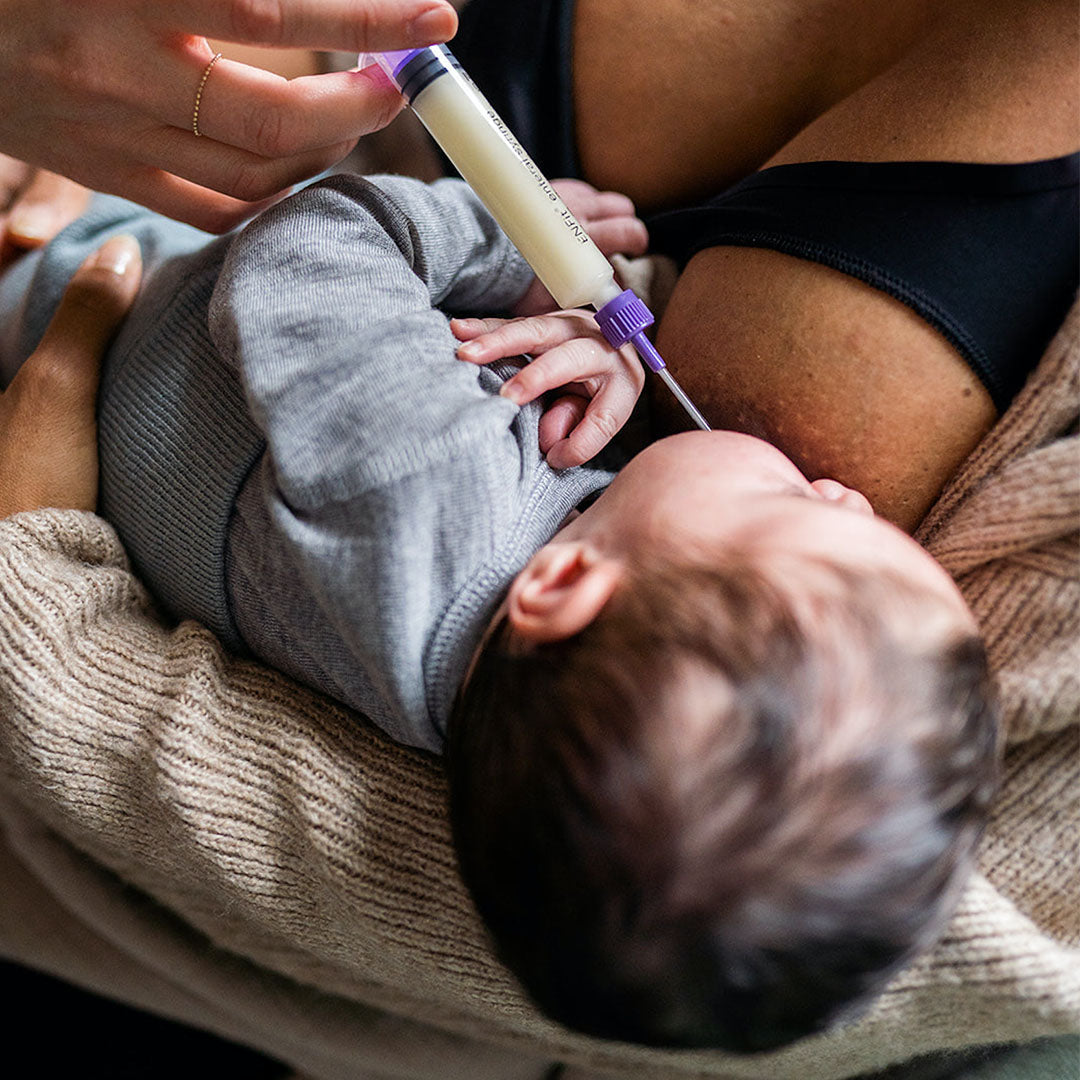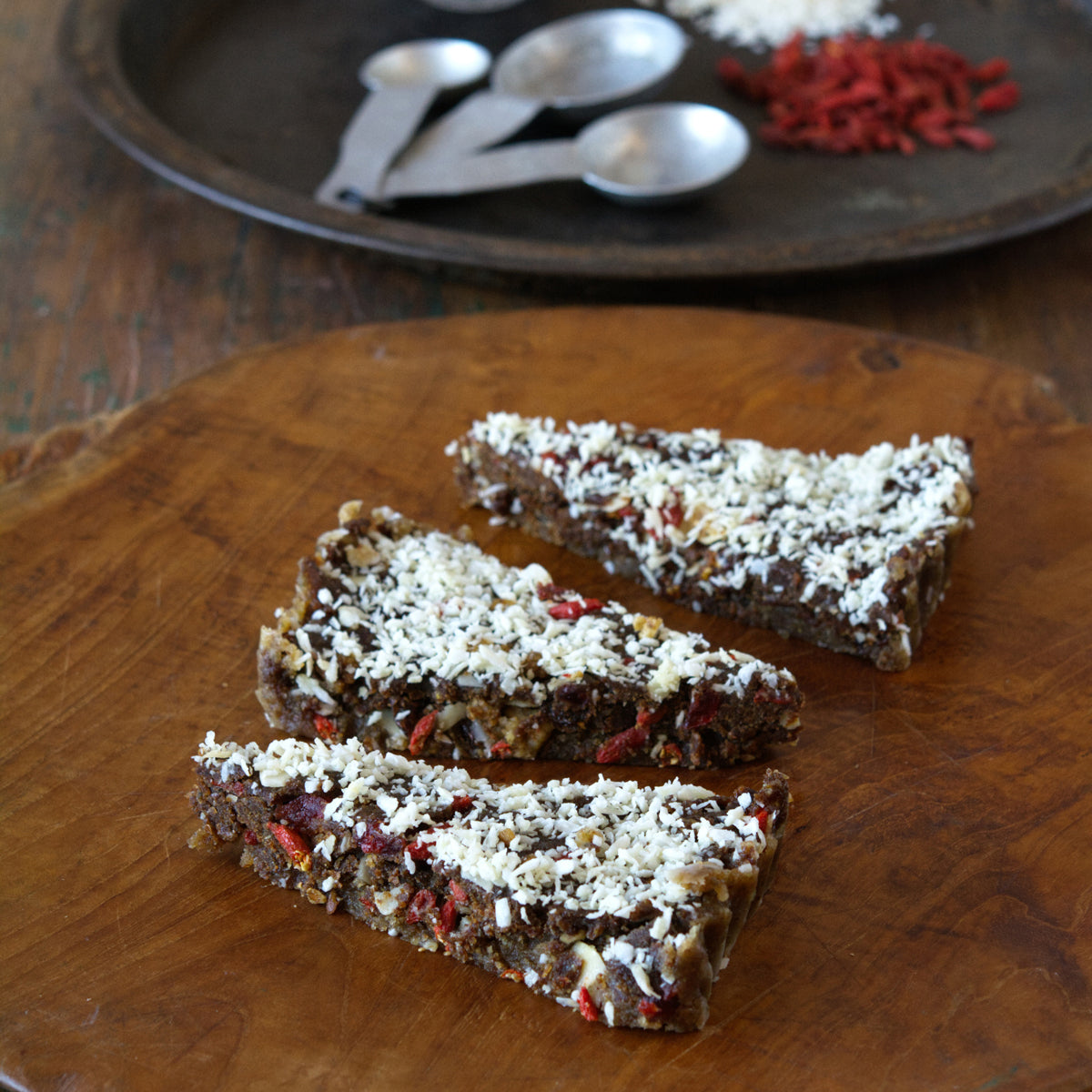70% of women experience nausea during early pregnancy, so you're not alone in this. While it's not a pleasant symptom, it's actually a good sign that the pregnancy is progressing. There are now more statistics available on this topic. This might offer a small comfort - you may be feeling really sick, but your baby is doing just fine. However, it's essential to note that lack of nausea doesn't indicate any issues with your child; you're simply among the fortunate 30%.
The first important rule when dealing with nausea is to figure out what makes it worse and what helps alleviate it. Even though some foods might not represent a balanced and healthy diet, the most important thing is for you to feel better (with the exception, of course, of alcohol and excessive caffeine consumption). Trust your gut and body instincts. During the first 12 weeks, the support of your partner and close friends or family is essential. This will allow you to take it easy and provide your body with the time and rest it needs, especially when you have other children to take care of.
The exact causes of morning sickness are still not completely understood. However, it's a sign for women to slow down a bit. If we didn't have these symptoms, most of us wouldn't make any changes or take better care of ourselves. So, it's also a "positive" sign from our bodies: "Hello, you're not alone anymore; take good care of yourself and listen to your body."
Here are some tips that might help:
- Pay attention to maintaining a steady blood sugar level. Avoid foods that cause your insulin levels to spike and then crash quickly. Make sure your stomach has something to digest throughout the day, and consider having a small snack by your bedside in the morning.
- Acupuncture and osteopathy can sometimes make a difference. It's best to discuss this with your midwife.
- Ginger can work wonders, whether consumed as tea or in capsule form. According to traditional Chinese medicine, warming foods like warm breakfast porridge and mashed potatoes are good options.
- Not widely known, but high-dose vitamin B6 supplementation (40 to 60mg per day) can help many women. It's best to take it in tablet form throughout the day in 20mg doses. The effectiveness of vitamin B6 in early pregnancy is now supported by studies, but be sure to consult with your midwife and doctor. There's also a great product called "Mama well" by Into Life.
Hang in there; you can do this!
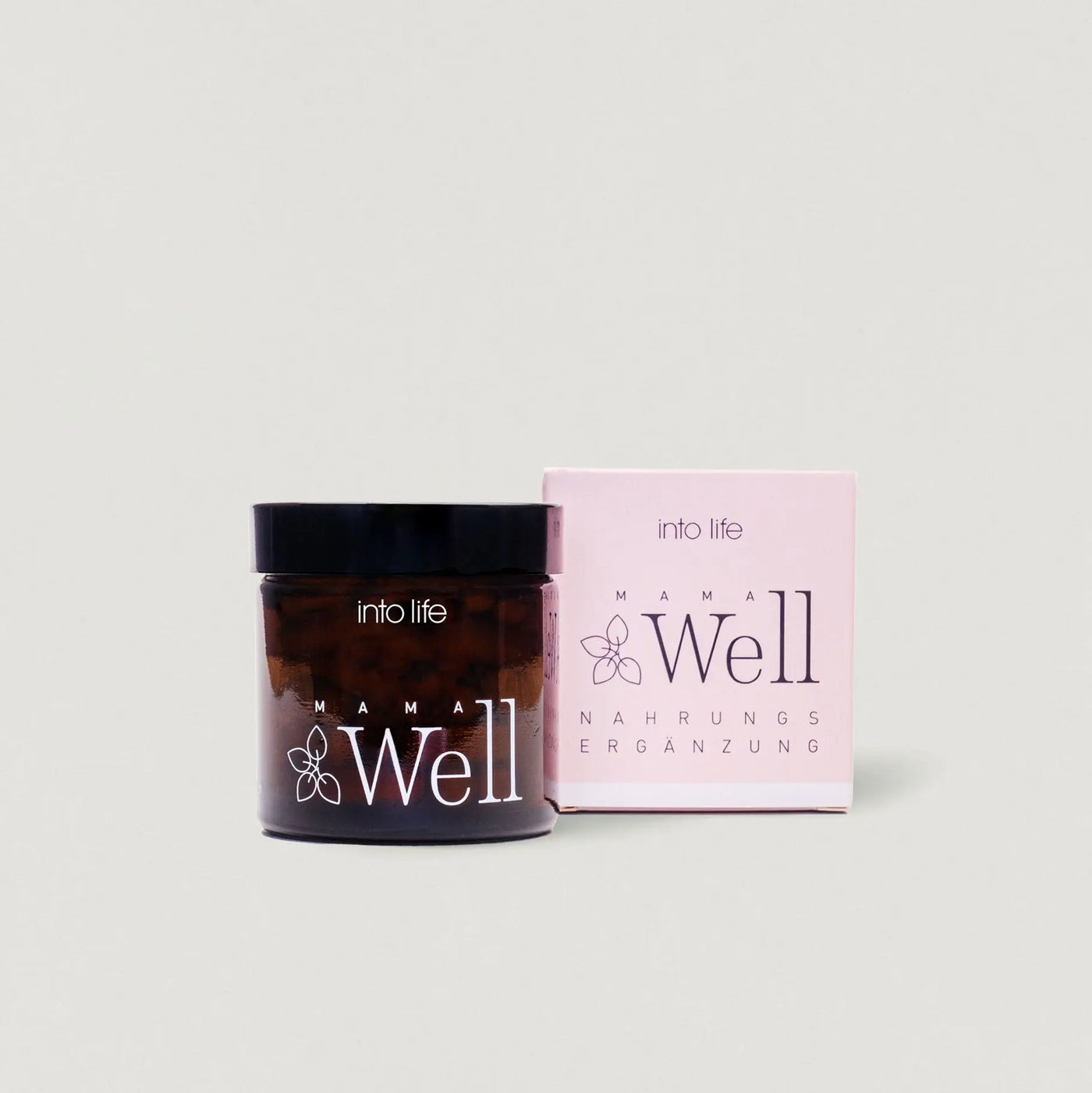
Mama Well
A dietary supplement for the early weeks of pregnancy: high-dose vitamin B6 and organic ginger extract help with possible side effects during this special time.
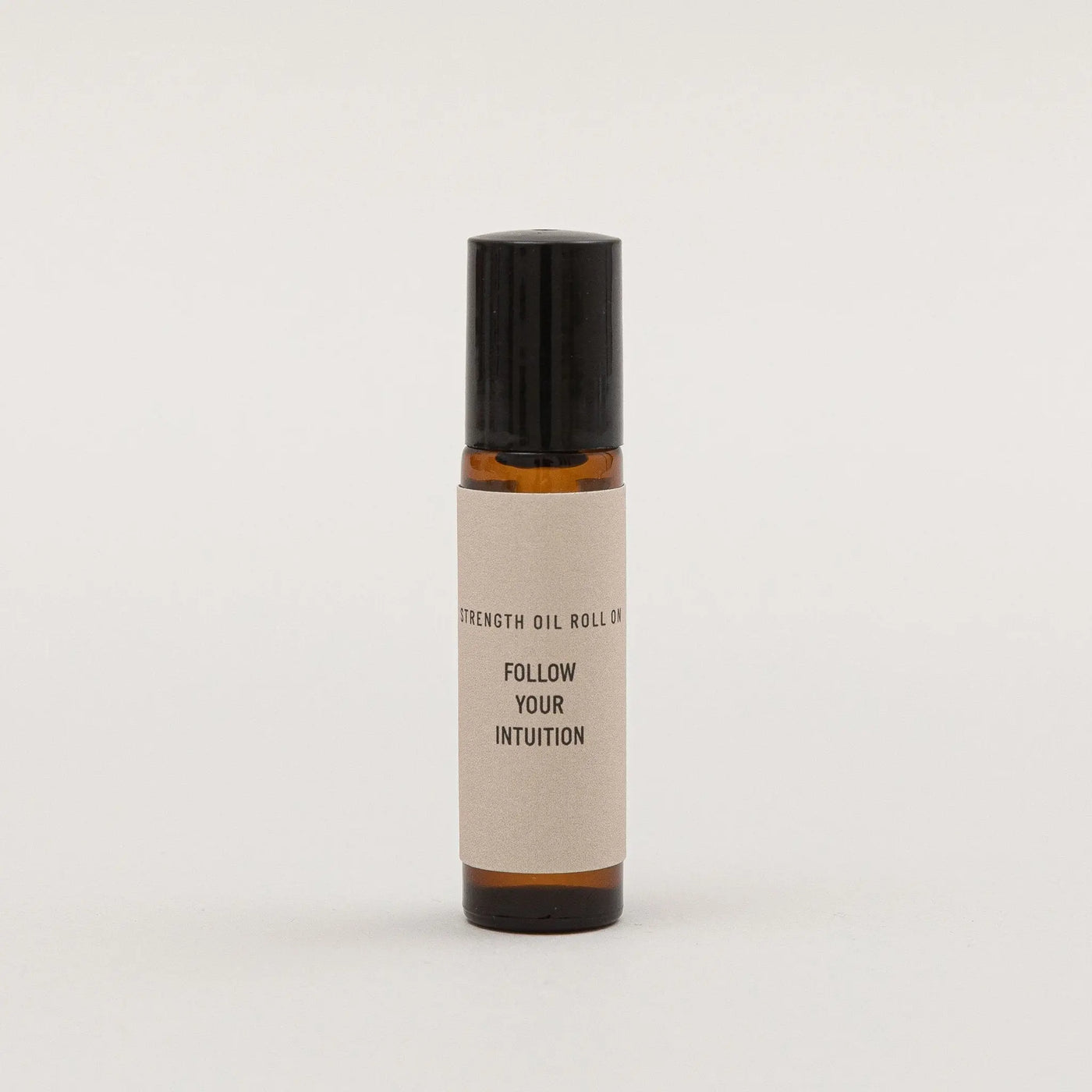
Distraction is the best defense
Sometimes it can also help to distract your thoughts with a pleasant scent.
